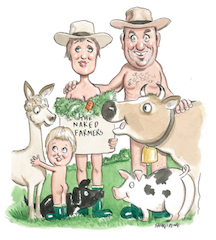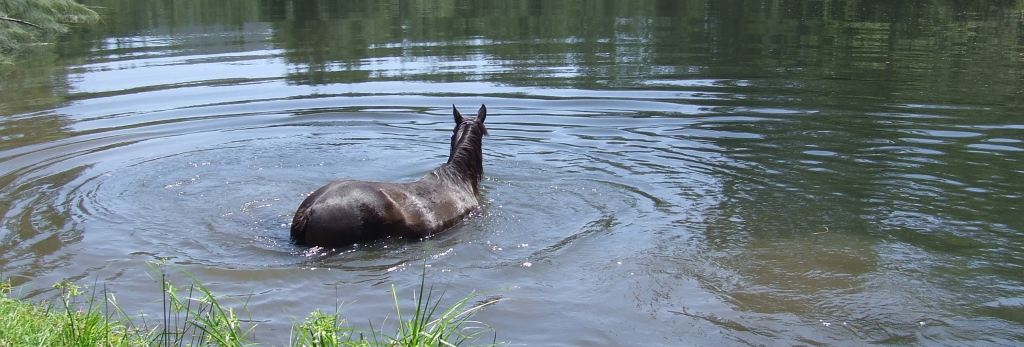During January it seemed that I could conjure Baby instantly in my mind at the end of the day when Ben was finally asleep, the animals fed and some peace and time to grieve. She seemed to be here in spirit, if not in body. My hands ached to stroke and scratch her, to play with her mane and feel the rich satiny thickness of her tail, but at least I could look at her and feel her presence while I howled out my pain.
Now I understand the women’s wailing in ancient cultures (did you know that the wailing woman is a banshee?) at the death of a beloved. The pain in the heart and belly is physical and literally brings me either to my knees or at least doubled over, hands on knees. And why do my teeth hurt? Is that from all the days of ‘biting back the tears’? The grief grimace seems to start at the back of my neck, travel through my teeth and out either in a traditional boo hoo or keening. Covering my mouth is instinctive even though there is no one to see or hear.
I am such a believer in Eileen Caddy’s wisdom ‘the fastest way to freedom is to feel your feelings’ but even I am scared of the intensity of my pain and procrastinating about allowing it to overtake me. If the loss of this great friend and companion of a quarter of my life hurts this much, how will I survive when, inevitably, my parents die?
How do we go on? How do we bear the sense of loss and abandonment? The finality of death? And how do we love again, knowing that loss is inevitable? Is this the human experience? Tinkerbell seems to be equally aged and wearied by our loss. As I said to her the other day, if I am in this much pain, how much more must she be feeling, she who spent every day and night with Baby for 12 years? Grief knows no boundaries, animal or human, it affects us all at some time in our lives.
And yet we don’t talk about death. We don’t seem to allow or acknowledge grief. We seem to expect people to ‘get on with it’ because ‘life goes on’. In that very British tradition of ‘stiff upper lip’. Nobody wants to hear about the pain of grief, and it is so personal that it is hard to describe. But it would be nice to think that others understood that I was in pain. I guess that’s why in the old days people wore mourning clothes or armbands for a set period. So that others understood that they were ‘maddened by grief’. If we are all supposed to just ‘carry on regardless’ aren’t we demeaning ourselves and our experience by not honouring another life ritual, the ritual of mourning?
I don’t normally wear black and if I suddenly started now, to indicate my loss, I would only, finally, be perceived as fashionable! When my lovely farmer neighbour lost her husband at Christmas a couple of years ago, we had many conversations where I empathised with her pain and loss after over 50 years of marriage. She says she still howls in pain. Somehow society expects her to have gotten over it . . . how?
Why aren’t we comfortable talking about our own and other’s emotions? And yet much of society watches TV soaps and drams which revel in human pain and suffering. What, it’s ok to share it on the screen but not in real life? Is that how removed from ourselves we have become?
Grief is a uniquely long and lonely road. No one else can feel our pain. Each of us experiences our loss in our own timeframes and stages. I guess I have been in shock because now I am beginning to realise that I will never see Baby again, never touch her, never stroke her, never put her halter on and walk beside her, never saddle her up and ride her. Never give her a bath or take her down to the river for a swim, never wrap my arms around her neck and feel the strength and love of her. Never untangle her mane or wind her forelock around my finger. Never stroke her long, elegant, nose or feel the velvety softness of her nostrils. Never try and kiss her muzzle and laugh when she wouldn’t let me.
It sounds pretty stupid that aged 47 I didn’t realise that death was final, but maybe that realisation needs to sink in slowly or we couldn’t bear the weight of the grief from the outset. While the intellect can accept the finality of death, the heart takes its time.

